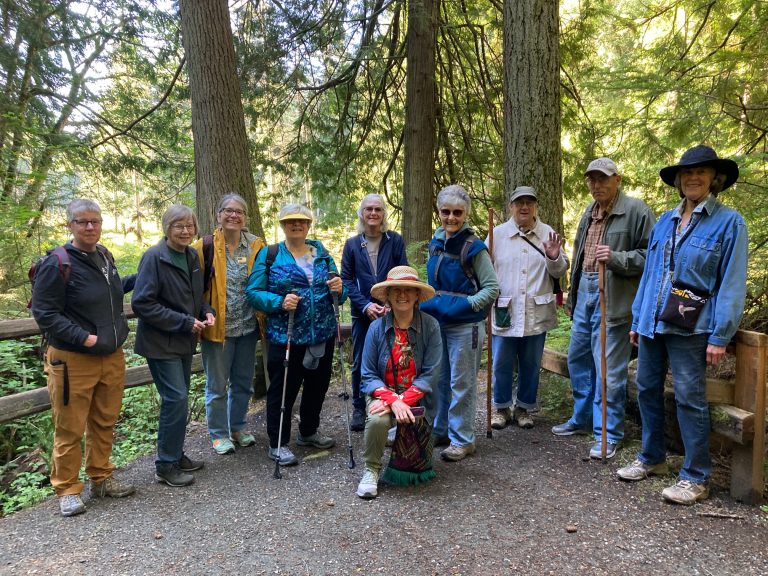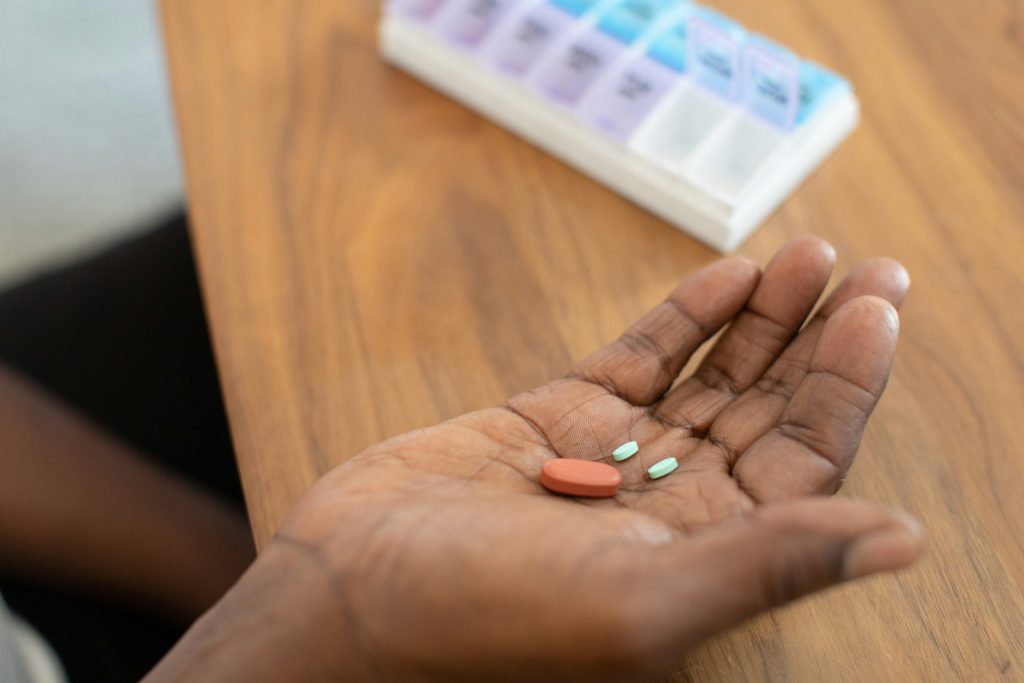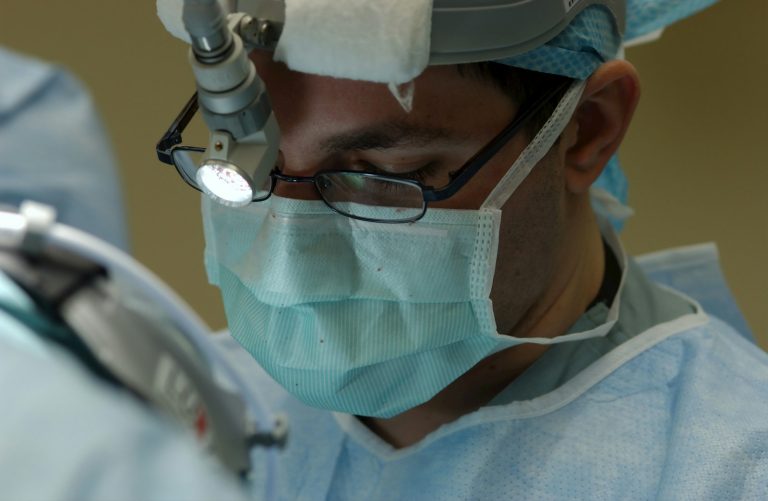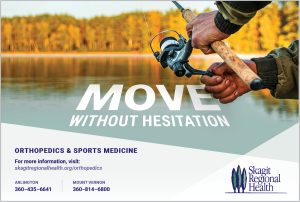Mary Bavaro, MD, Infectious Disease Specialist, Skagit Regional Health
Page Contents:
Excellent News about COVID-19 Vaccinations:
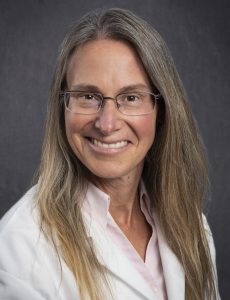
Mary Bavaro, MD, Infectious Disease Specialist, Skagit Regional Health
With the late February 2021 approval of the Johnson and Johnson vaccine, there are now three vaccines approved by the U.S. Food and Drug Administration (FDA) under Emergency Use Authorization (EUA) for COVID-19. All three vaccines are effective in reducing the risk of severe disease and death.
- Pfizer: mRNA vaccine: Two doses separated by three weeks. Vaccine efficacy 95 percent (preventing symptomatic disease) after two doses.
- Moderna: mRNA vaccine: Two doses separated by four weeks. Vaccine efficacy 95 percent (preventing symptomatic disease) after two doses.
- Johnson and Johnson: Adenovirus vector vaccine: One dose. Vaccine efficacy for the prevention of COVID-19–associated hospitalization: 93.1 percent. Prevention of symptomatic, laboratory-confirmed COVID-19 was 66.3 percent.
What does approval of this new vaccine mean for you?
More people can be vaccinated as there is more vaccine available.
I have heard that the new Johnson and Johnson vaccine is not as effective as the Moderna and Pfizer vaccine. Will I get to choose?
All three vaccines are effective in reducing risk of severe disease, hospitalizations and death. This is one of the main goals of vaccinating as many people as possible to reduce admissions and deaths. We will also be reducing numbers of people who are ill. Each facility approved to administer COVID-19 vaccines will get supplies of vaccines as available by the state. This means that patients need to get the vaccine that is available to them in the immunization clinic that day.
What is a COVID-19 Variant?
Variants are strains of viruses with mutations to help them to survive. Mutations occur the longer a virus is circulating in the community. This is one of the many reasons we need to get as many people immunized as quickly as possible. As of early March 2021, there are three main circulating variants worldwide. These variants seem to spread more easily and quickly, which may lead to more cases of COVID-19, more hospitalizations, and potentially more deaths. This is why vaccination, physical distancing, use of masks, hand hygiene, and quarantine are so important to limit the spread of the virus that causes COVID-19.
I have heard that some of the vaccines are less effective against the variants. Why should I still get vaccinated?
While the vaccines currently available may be less effective against some of the variants, they are still effective in reducing the risk of severe disease, hospitalization, and death. Even when our flu vaccine is not effective some years, patients who are vaccinated are less likely to have severe disease and die. The more people get immunized, the fewer numbers of new variants will emerge as less people will be infected.
If I get vaccinated, do I still need to mask and practice social distancing?
Yes! These vaccines are effective but are not 100 percent. We need at least 70 percent of the population to be immune before there is enough herd immunity to hopefully put this pandemic to rest. As of March 5, 2021, cases, hospitalizations, and deaths are decreasing. This is excellent news, but we need to keep going strong and keep up on masking, social distancing, and washing our hands to prevent spread of this virus and stop this pandemic. We can do this together!
What can I tell others?
- Get immunized
- Practice the three W’s:
- Wear a mask
- Watch distance
- Wash hands
Dr. Mary Bavaro is an Infectious Disease specialist at Skagit Regional Health. She earned her Medical Degree at State University of New York at Brooklyn. She went on to complete an Internship at Naval Hospital in Oakland, CA followed by Internal Medicine residency training at David Grant Medical Center on Travis Air Force Base in California. Dr. Bavaro completed an Infectious Disease Fellowship at Naval Medical Center in San Diego, CA. She remained there, serving as the Division Head for six years, before acting as the Program Director for Infectious Disease Fellowship Program for seven years.
Vibrant Senior Options Home










